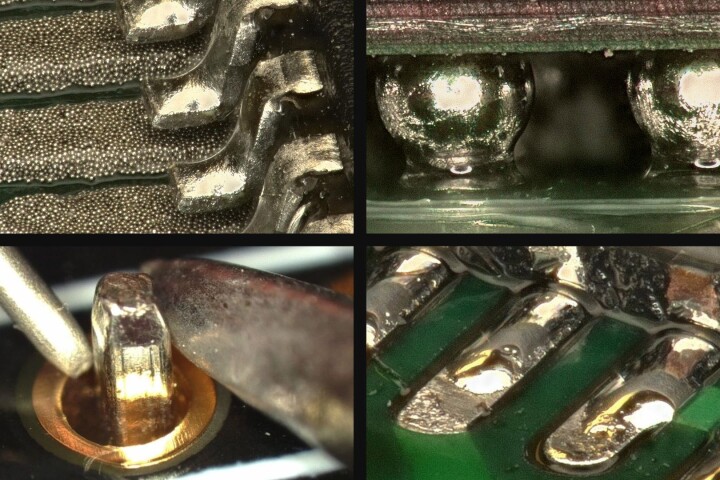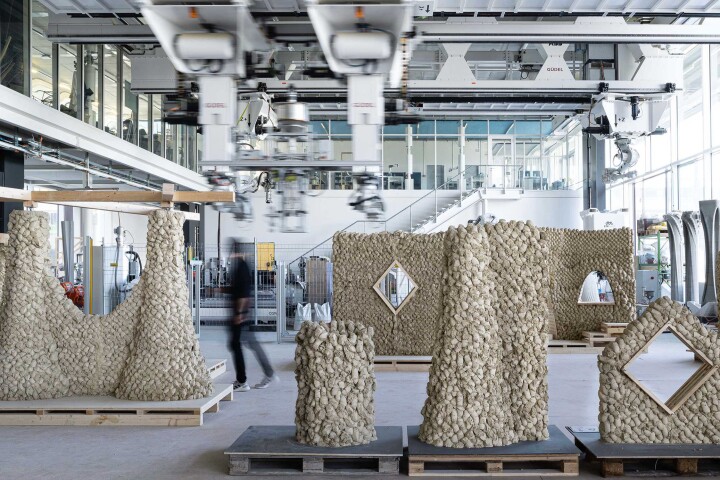 Researchers have found a link between the gut microbiome and aggression. Depositphotos –
Researchers have found a link between the gut microbiome and aggression. Depositphotos –
New research offering more insights into the important relationship between the gut and brain and its impact on health seems to be published every other day. Changes in the microbiome, the ecosystem of trillions of helpful and harmful bacteria that live in our gut, have been linked to conditions such as autism, stroke, and multiple sclerosis (MS).
Now, researchers from Bar-Ilan University (BIU) in Israel have found that a disrupted gut microbiome due to antibiotic use in infancy can lead to aggression later on.
“Our findings are revolutionary,” said Professor Omry Koren, from BIU’s Azrieli Faculty of Medicine and the study’s corresponding author. “They suggest that a disrupted microbiome during critical developmental periods can lead to persistent aggressive behaviors later in life.”
Aggression is a complex social behavior that occurs in almost all species and is intimately associated with survival. Numerous factors modulate aggression, including specific genes, neurotransmitters, environmental factors, and hormones. High levels of one hormone, serotonin, which is produced mainly in the gastrointestinal (GI) tract, have been linked to aggression in both humans and mice, and studies have shown that the gut microbiome is important in regulating levels of this hormone.
Because the interaction between aggression and the microbiome is still unclear, the researchers sought to understand it better using mouse models, particularly in the context of early development. They compared the aggressive behaviors of regular mice to those of mice with their gut bacterial community manipulated. Using the ‘resident-intruder paradigm,’ where a male mouse (the resident) was housed with a female for seven days before an unfamiliar male mouse (the intruder) was introduced into the resident’s cage after removing the female, aggression was measured using two parameters: the time between the introduction of the intruder and the first attack (attack latency), and the overall number of attacks.
One set of five-week-old mice received a gut bacteria transplant from one-month-old human infants who’d been given antibiotics within 48 hours of birth, and therefore, the diversity of their gut bacteria was reduced; another set was transplanted with non-antibiotic-affected infant microbiota. Four weeks post-transplant, the mice that received the gut bacteria lacking diversity were found to be more aggressive than those that hadn’t.
When they examined the biochemical and neurological changes in mice that received antibiotic-altered microbiome transplants, the researchers found that those mice showed significant changes in the expression of aggression-related genes across five brain regions. In addition, the mice with depleted gut bacteria had a significant reduction in serotonin and a significant elevation in tryptophan, an amino acid that helps make serotonin.
“These findings highlight the complex interplay between the gut microbiome and aggression, providing valuable insights into the underlying biological processes involved,” said the researchers. “However, further research is needed to fully understand the multi-faceted interactions between gut microbiota, gene expression, and aggression, and how these findings can be translated into clinical applications.”
The study was published in the journal Brain, Behavior, and Immunity.
Source: Bar-Ilan University via EurekAlert!
–
























